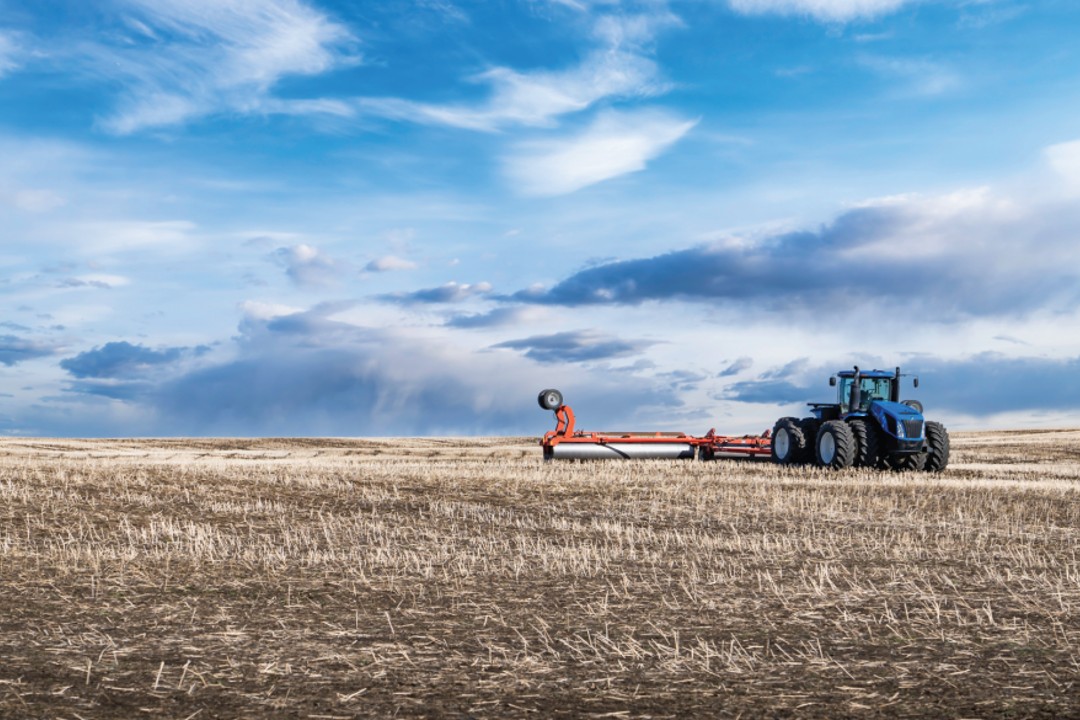
Rain improves drought outlook in Edmonton region
A rainy and cool May has made a "tremendous improvement" to drought conditions across the Edmonton region, but experts warn that a dry month could quickly reverse that progress.
"I never want to tell people that the drought is over in terms of, 'Go ahead and waste water,'" Trevor Hadwen, an agroclimate specialist at Agriculture and Agri-Food Canada, told Taproot. "There's certainly concerns, and we should be proactively saving as much moisture as possible and not think that the drought is completely over at this point because we're still recovering."
Indeed, if the current damp and cool temperatures shift to dry and hot, "we can revert back into a really bad situation quickly," Hadwen said.
Most of the province is experiencing drought conditions. Alberta is at Stage 4 of its response plan for water shortages. Stage 5, the most extreme, would involve declaring an emergency. The driest areas are in south-central and northwestern Alberta.
About 60 millimetres of rain fell in the Edmonton region in May, about double the precipitation received in the same month in both 2022 and 2023. Hadwen said while that has helped crops get a good start, it isn't enough to undo precipitation levels that have been about 150 millimetres below normal over the last three years.
"That (lack of rainfall) will only impact agriculture if we start to see some of those really dry, long, extended periods where the crop is relying on that deeper soil moisture," he said. "It's going to reflect a little bit in terms of pasture production as well, because the pastures haven't fully recovered from the past previous years of drought."
The dry and warm El Niño climate pattern has been affecting weather globally since June 2023. Hadwen said if El Niño continues, agriculture may struggle, as the crops won't be able to rely on reserves of deep-soil moisture.
In 2021, when Edmonton experienced a simultaneous heat wave and lack of precipitation resulting in falling water levels, it enacted water-use restrictions — as did Strathcona County, Spruce Grove, and Stony Plain.
Experts said that while the 2024 drought is making agriculture relatively precarious, they don't expect water restrictions to affect people in the region's cities, but do suggest conservation should be top of mind.






